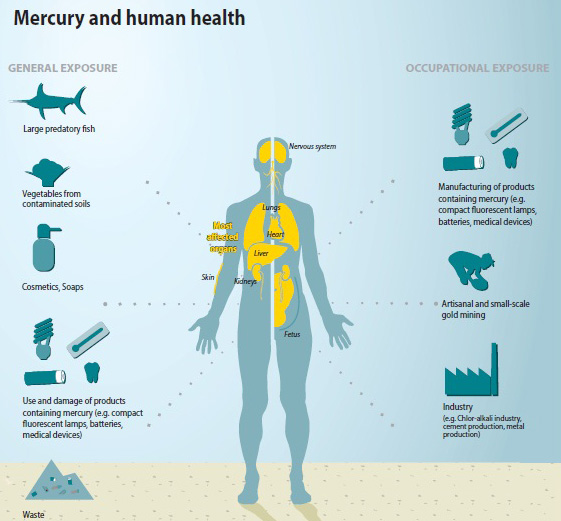Information about Electromagnetic Field Sensitivity

EMF sensitivity (EMF sensitivities) is a condition in which an individual has a high sensitive to electromagnetic fields that surround him. This condition is not limited to environments in which there is no electric current, but may be a problem for people with an open circuit or are subject to magnetic fields over prolonged durations of time. The Environmental Health Center in Dallas has a comprehensive understanding of the causes of EMF sensitivity and can help patients treat their symptoms. The center has the ability to perform tests to determine if someone is vulnerable to EMF exposure. This can be done with the latest technology to measure heart rate variability.
electromagnetic hypersensitivity symptoms -EMF sensitivities are a sign of emf exposure
Electromagnetic pollution and its magnetic fields that result from it have been linked to the development of a variety of diseases. The signs and symptoms can be difficult to detect as some have reported a range of symptoms. It could be because of pre-existing conditions or a response to stress that is caused by exposure to high levels radiation fields. No matter the reason these symptoms can be debilitating for individuals who experience these. Despite this the scientific community is not certain of the extent to which the IEI-EMF sensitivity syndrome and the extent to which it is widespread.
It is not a symptom of electrohypersensitivity
While the symptoms of electrohypersensitivity and EMF sensitivity are similar, there are some key differences. Electromagnetic hypersensitivity can be misunderstood, and symptoms may vary. It is important to get the right diagnosis to know the underlying causes and possibilities for treatment.
It is not a sign of EHS
While EMF sensitivity is not an essential characteristic of EHS however, it is frequently linked to the condition. Indeed, some studies have suggested that the condition is related to genetics and environmental factors instead of a particular physical condition. Despite this the need for more research to draw definitive conclusions.
It can be perplexing

The signs of EMF sensitivities can be confusing. The majority of EHS sufferers do not believe that their symptoms are due to a specific source. They seek medical help, but are unable to obtain a convincing diagnosis. Find out more raises suspicions that they could be suffering from some sort of mental disorder that can lead to an increased feeling of anxiety and helplessness.
It can be terrifying
EMFs, also known as electromagnetic fields or EMFs are often frightening. People have reported unpleasant symptoms when exposed to these fieldsthat originate from devices like Wi-Fi routers as well as mobile phones. The symptoms can range in severity, but in extreme cases, individuals are forced to stay away from fluorescent lights and electronic devices. In extreme cases, people might be forced to withdraw from the modern world, living in isolated communities known as "EMF-free areas".
It is a good supplement to the production of melatonin.
A single of the significant hormones that the body produces Melatonin is a hormone that is produced in the pineal gland. It plays a role in a variety of functional aspects of life, including circadian rhythm regulation. However, its use as a protective factor against non-ionizing electromagnetic fields has been challenged because of inconsistencies with the results of different studies. Our understanding of this hormone's protection mechanisms is largely based upon our understanding of the mechanism by which it acts to shield the body from the oxidative stress caused by RF/ELF exposure.
It can help with changes in the autonomic nervous system.
A number of studies demonstrate that EMF sensitivities can impact your autonomic nervous. Patients with the condition can be affected by altered autonomic reactions and experience digestive issues. electromagnetic hypersensitivity symptoms have problems digesting food correctly or feel sick when they eat a smaller meal. Some may notice changes in body temperature or have heat intolerance. These conditions are usually secondary to other health conditions including diabetes.
